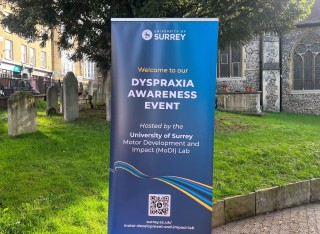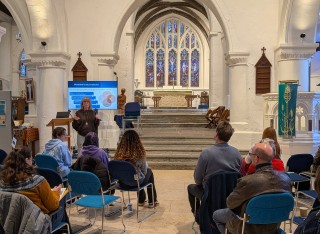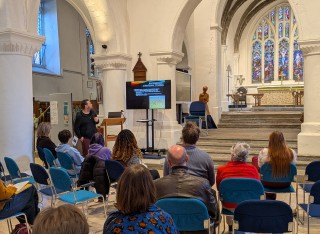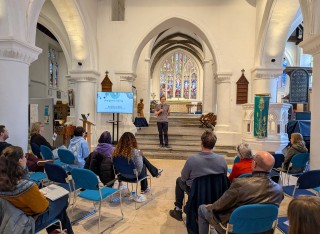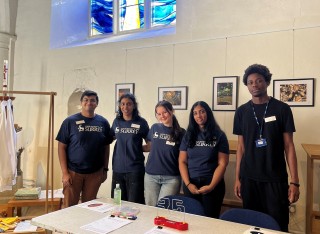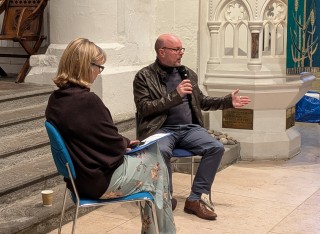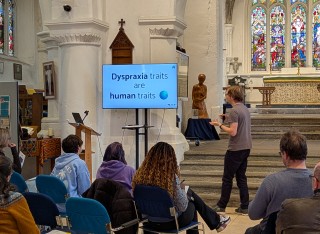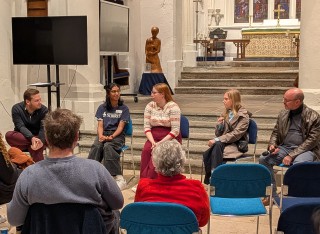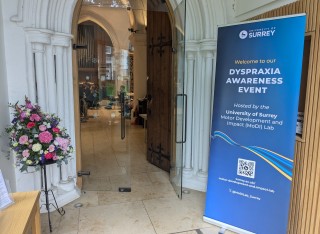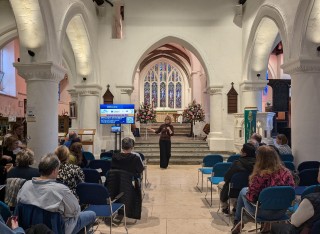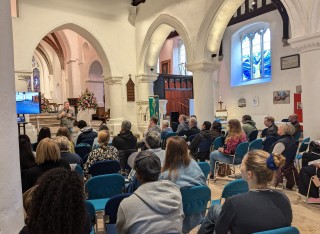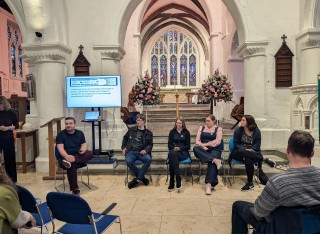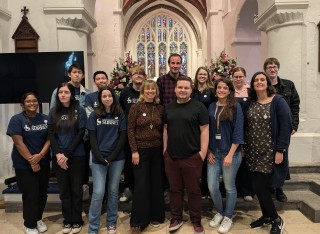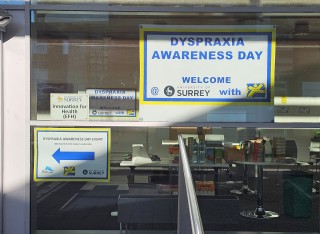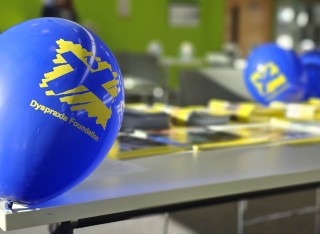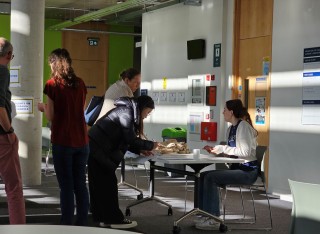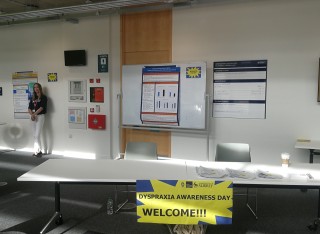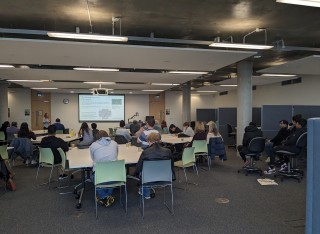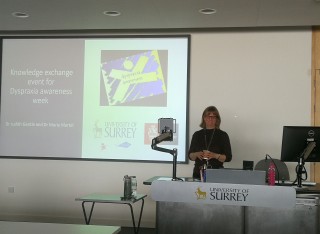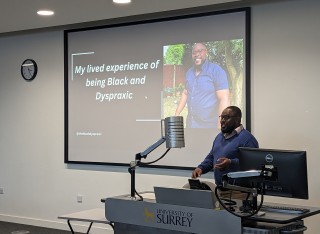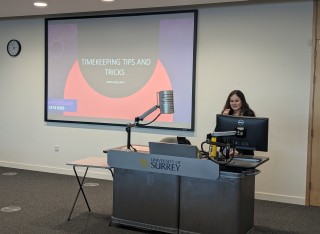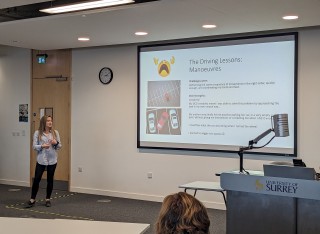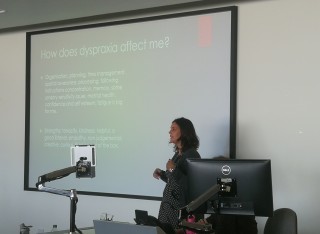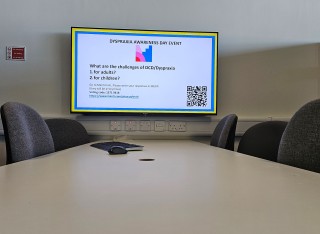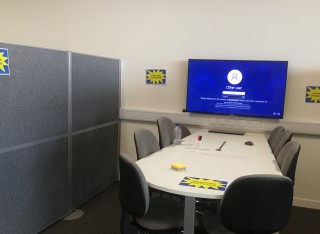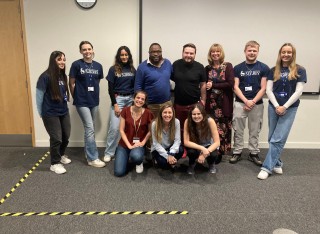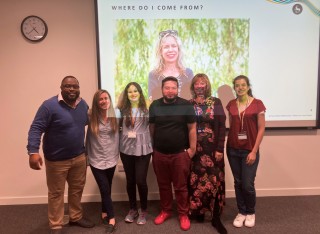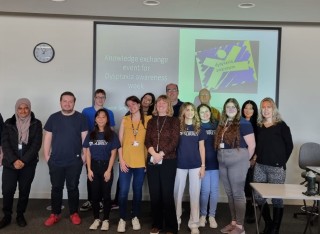
Resources and events
Do you want to learn more about our work and how it can help you?
Explore our upcoming events, download easy-to-understand infographics, and access resources designed for families, educators, and healthcare professionals.
Do you want to get involved?
We’d love to hear from you.
- Volunteer at events
- Collaborate on research
- Share your experiences with us
Do you want to know more about Dyspraxia/DCD?
Check out our collection of resources designed for families, teachers, and anyone wanting to understand and support people with Dyspraxia. These materials can be used at home, shared with schools, and taken to professionals to start important conversations.
Easy-to-Understand Research Summaries
Do you want to explore our latest research in a simple, visual way? We’ve created infographics that explain our findings at a glance:
Information and Awareness
Do you want reliable information on Dyspraxia?
Here are trusted websites and resources from around the world, plus some of our own:
- "What is DCD?" poster >> designed by our lab this year
- Dyspraxia UK >> specialist occupational therapy support
- Movement Matters >> committed to making DCD research accessible
- NHS for children: Developmental co-ordination disorder (dyspraxia) in children
- NHS for adults: Dyspraxia in adults
- Home | International Society for Research and Advocacy - DCD
- CanChild (Canada)
Getting Professional Support
Do you want to know how to talk to professionals about Dyspraxia? Do you think you/your child might have Dyspraxia?
Check out these resources to help you start conversations:
- Making great OT referrals >> designed by the Royal College of Occupational Therapists
- Do you think you might have Dyspraxia? Download this questionnaire, calculate your score, and take it to your GP to start a conversation about possible movement issues.
- Do you think your child might have Dyspraxia? Use the DCDQ questionnaire, calculate your child’s score, and bring it to your GP or occupational therapist to guide next steps.
Practical Support
Do you need tips for everyday life?
Check out this free website with demonstration videos (shoelacing, cutting, washing, and more) created by colleagues at Manchester Metropolitan University, with support from the Waterloo Foundation. You can also follow the team on X (@MMU_DCD).
Community and Awareness
Do you want to connect with others?
- Sign up for the free Dyspraxia Magazine, written by dyspraxic individuals.
Videos
Do you want to see Dyspraxia explained?
- Watch this video: Dyspraxia! >> created by the DCD Project to raise awareness among children, teachers, and school communities.
- Watch this research-led awareness video from the international DCD Big Ideas Group: Raising Awareness of Dyspraxia/DCD in Children and Adults.
